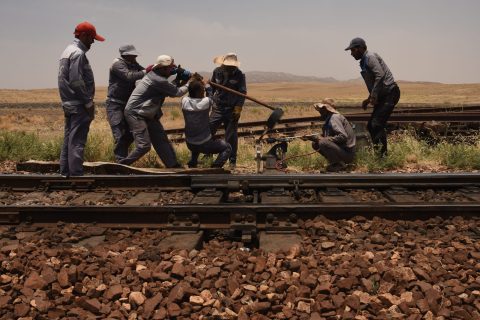Border restrictions for rail freight in Uzbekistan

Uzbekistan has set in place far-reaching border controls, some of which also apply to rail freight operations. From 1 April, all goods entering Uzbekistan need to be reported in advance. Shipments that were not administered, will be stranded at the border. This was announced by Uzbekistan Railways.
From 1 April, the movement of freight in all segments has been restricted on the borders of Uzbekistan, of which the border crossing with Kazakhstan is the most important for the logistics industry. These measures were taken in the wake of the coronavirus pandemic. Uzbekistan saw the first case on 15 March 2020.
Information required
For all freight entering the country, the following information must be reported in advance: wagon number; container number; carrier’s name, address and country; shipper’s name and country; and the consignee’s name, address and country.
In addition, the tax number, gross net weight and value of the goods, customs code, invoice number, invoice date, and waybill must be reported. Cabinets that have not been declared in advance will be stranded at the Kazakh port.
Other measures
According to Chinese news sources, the capital city of Tashkent is witnessing a lockdown, with no cars or trucks permitted on the roads. Only the supply of urgent goods into the city is currently permitted. In other cities, road transport is still possible.
The restrictions on cross-border freight transport are extraordinary, as in most countries the movement of freight is prioritised. This is done to prevent a disruption of the global supply chain.
You just read one of our premium articles free of charge
Want full access? Take advantage of our exclusive offer





